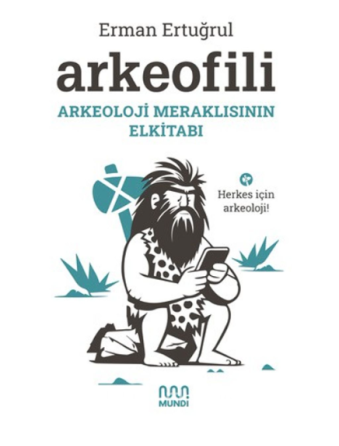History of Civilization
№37041 Created: 9 October 2024
Binding:
solid
Author:
Tore Sivrioglu
Publishing house:
Calm Book
Language:
Turkish
The year of publishing:
2024
The concept of civilization is often used in a way that is equivalent to the concept of “culture.” However, these two concepts are not originally synonymous. The word “culture,” which is related to the word agriculture, derives from the Latin verb “Colere” and means “to sow, to cultivate the soil.” The word civilization, on the other hand, comes from the same root as “citizen” (civis) and “state” (civitas), and means “urbanity, city life, and city rules.” Even when the historical roots of the words are examined, it is understood that the concept of civilization is a cluster that includes culture and is an element beyond the concept of culture.
When the current meanings of the concepts are examined, this difference becomes more apparent. For example, according to Alfred Weber, civilization can be defined as “the totality of applied techniques and tools that affect nature”; whereas culture is “normative principles; values and ideals, in a word, mentality.” Culture is not learned consciously, but spontaneously. It is naturally transmitted from generation to generation, becomes a habit, is closed to change, conservative, hardens over time and is fanatically defended. Civilization cannot be built, developed and defended in this way. It must have a consciousness and purpose. While culture is focused on self-preservation, civilization must develop and be open to change. Culture is based on emotions, memories and the past; in civilization, rationality and future plans are in play.
At this point, it can be said that civilization is a measurable concept, but the same is not true for culture. It is meaningless to talk about developed and underdeveloped cultures. Preferring Mozart's music to African music or vice versa is an attitude related to people's tastes. Civilization, on the other hand, can be measured and placed in a chronological order. For example, we cannot compare the aesthetic aspects of Mesopotamian and Egyptian art, but it is possible to compare the achievements of both civilizations in architecture, calendar and mathematical calculations. Therefore, it is possible to talk about a kind of "development" between civilizations.
In this context, a "chronology of civilization history" has been conveyed in the book you are holding, based on the measurable characteristics of civilization. The development process of world civilizations from prehistoric times to the 19th century, the effects of culture on civilization and civilization on culture, the historical development of elements such as science, art, and architecture have been touched upon, and the effects of these elements on the history of civilization have been discussed.
When the current meanings of the concepts are examined, this difference becomes more apparent. For example, according to Alfred Weber, civilization can be defined as “the totality of applied techniques and tools that affect nature”; whereas culture is “normative principles; values and ideals, in a word, mentality.” Culture is not learned consciously, but spontaneously. It is naturally transmitted from generation to generation, becomes a habit, is closed to change, conservative, hardens over time and is fanatically defended. Civilization cannot be built, developed and defended in this way. It must have a consciousness and purpose. While culture is focused on self-preservation, civilization must develop and be open to change. Culture is based on emotions, memories and the past; in civilization, rationality and future plans are in play.
At this point, it can be said that civilization is a measurable concept, but the same is not true for culture. It is meaningless to talk about developed and underdeveloped cultures. Preferring Mozart's music to African music or vice versa is an attitude related to people's tastes. Civilization, on the other hand, can be measured and placed in a chronological order. For example, we cannot compare the aesthetic aspects of Mesopotamian and Egyptian art, but it is possible to compare the achievements of both civilizations in architecture, calendar and mathematical calculations. Therefore, it is possible to talk about a kind of "development" between civilizations.
In this context, a "chronology of civilization history" has been conveyed in the book you are holding, based on the measurable characteristics of civilization. The development process of world civilizations from prehistoric times to the 19th century, the effects of culture on civilization and civilization on culture, the historical development of elements such as science, art, and architecture have been touched upon, and the effects of these elements on the history of civilization have been discussed.
№37041 Created: 9 October 2024
Similar Listings







